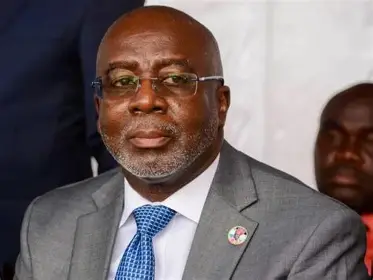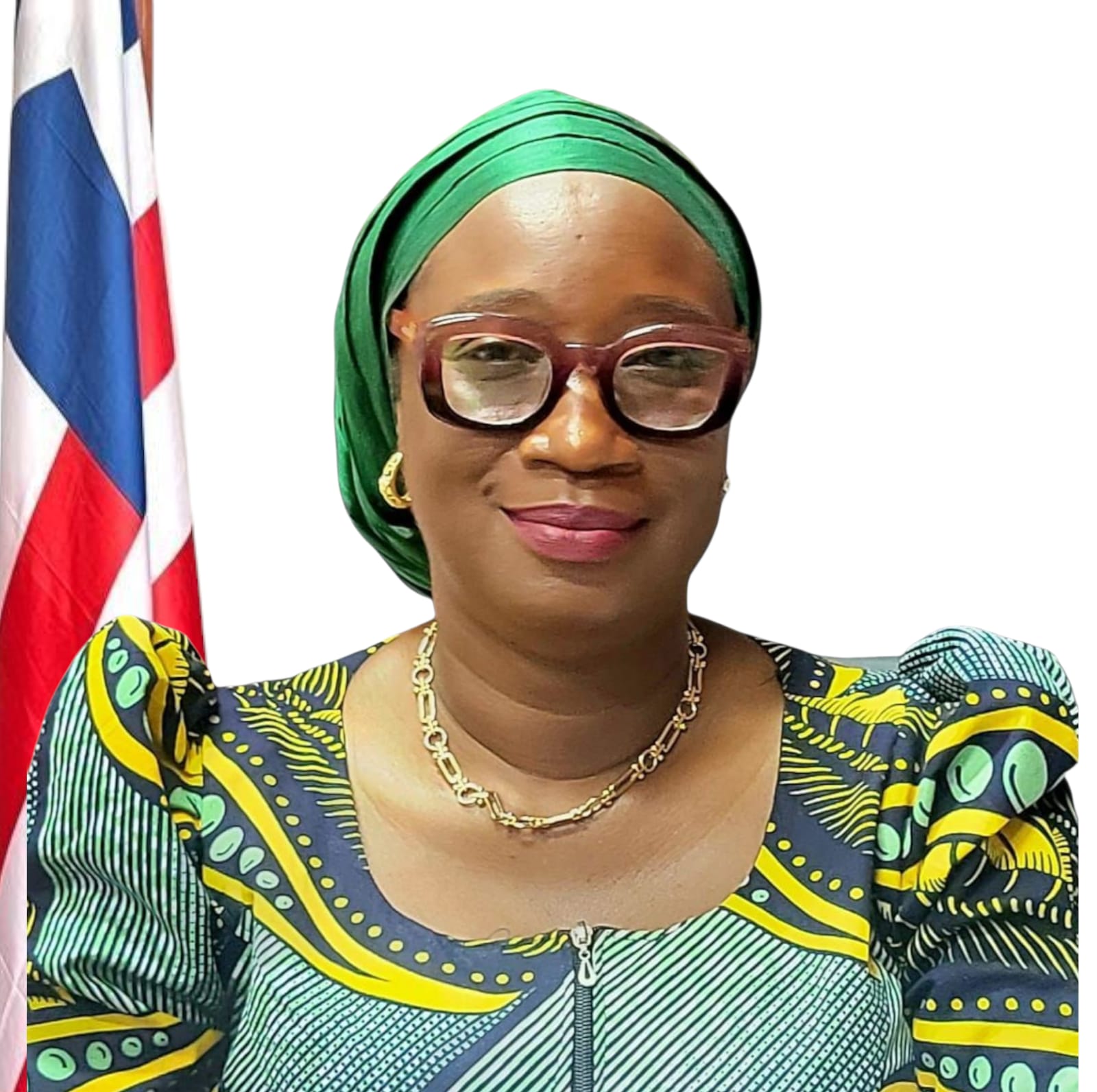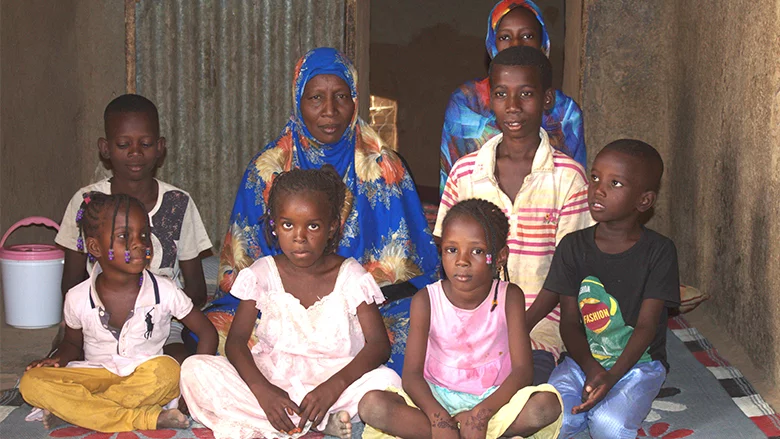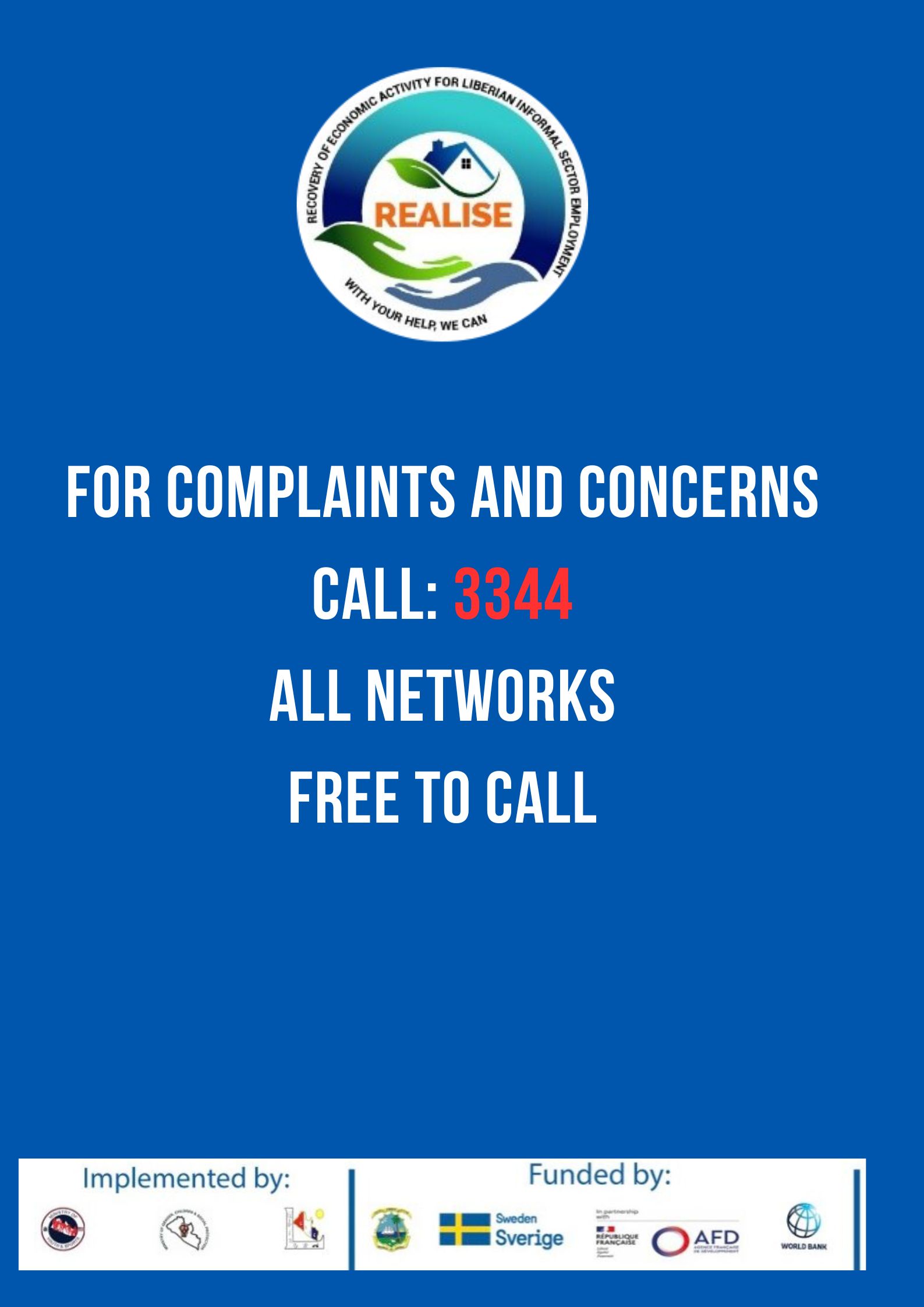The residents of Madina, a small village nestled in the far reaches of Liberia’s Lofa County, have demonstrated a pivotal realization: social protection can serve as a catalyst for fostering social cohesion.
In 2019, Madina was selected as one of the implementation communities for the Youth Opportunity Project’s Community Livelihood and Agriculture Support (CLAS) component, a joint initiative by the Liberian government, World Bank and the Swedish International Development Corporation Agency. Twenty-eight young residents were selected to participate in a communal farming endeavor, receiving grants totaling USD$1450.00 for tools and seeds, along with a labor subsidy of $450.00 each.
Varlee Jabateh, the chief of Madina Town recounts, “After the project selected us, we convened a town meeting to talk on the opportunity and address our longstanding electricity problem.”
The pressing need for electricity, primarily to charge mobile phones and illuminate the night, prompted collective action. “We unanimously decided that everyone would contribute, and even our youth agreed to pool their earnings (the labor subsidy) to purchase a solar system for communal use,” Chief Varlee explains.
The subsequent year saw further investment in communal farming, generating additional funds. “In the second year, we expanded our farming efforts, yielding more income to acquire additional solar panels and batteries,” he adds.
Benefits of the Initiative
Today, all sixty households in Madina are connected to electricity, illuminating homes and powering essential appliances.
Mariama Kroma, one of the beneficiaries, expresses her relief from the darkness. “I’m delighted that we can charge our phones and refrigerate our drinking water. Our children can now study under adequate light, and our village is gaining respect in the district due to our efforts to illuminate our lives,” Mariama observes.
Enhanced Social Cohesion
Chief Jabateh reflects, “This project has forged stronger bonds among us. We can collaborate without anyone feeling marginalized. The fact that every household in Madina is connected, regardless of wealth, is testament to our unity.”
The people of Madina continue their communal farming initiatives even after the conclusion of the Youth Opportunity Project; which has now evolved into the REALISE Project (Recovery of Economic Activity for Liberian Informal Sector Employment), encompassing communal farming as a significant component across eight counties.
REALISE
The REALISE is owned by the government of Liberia, financed by the World Bank, Swedish International Development Corporation Agency (SIDA) and the French International Development Agency (AFD). The project is implemented by three government institutions (Ministries of Youth and Sports, Gender, Children and Social Protection and Liberia Agency for Community Empowerment LACE). It operates in 14 counties in Liberia. The Support to Small Businesses and Libor Intensive Public Works components are in Montserrado and Margibi Counties, while the Cash Transfer Program is in Grand Kru, River Gee, Bassa and River Cess Counties. The Community Livelihood and Agriculture component is being implemented in Bomi, Bong, Grand Cape Mount, Gbarpolu, Grand Gedeh, Lofa, Nimba and Sinoe Counties.
30





